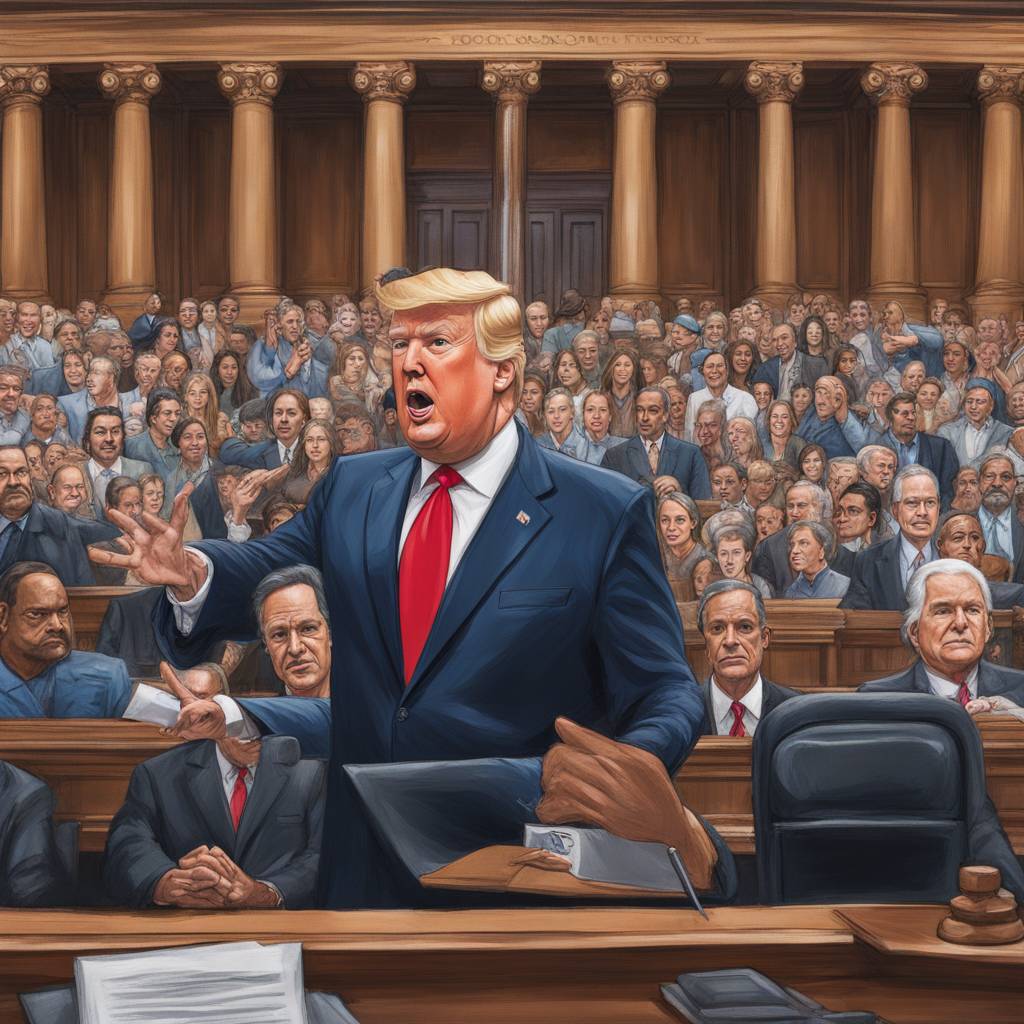A judge in Atlanta rejected an attempt by former President Donald J. Trump and his co-defendants to have the Georgia criminal case against them dismissed on First Amendment grounds. The case accuses them of participating in a conspiracy to overturn the 2020 election results in Georgia, and defense lawyers argued that certain charges were based on constitutionally protected political speech. The judge, Scott McAfee, acknowledged that free speech, including political speech, is not entirely without restriction and that even if addressing matters of public concern, speech allegedly used to further criminal activity can still be subject to prosecution. Despite this ruling, the judge noted that certain legal challenges could still be raised later in the case, leaving room for First Amendment challenges to be revisited.
A second ruling on the same day denied an attempt by David Shafer, a former head of the Georgia Republican Party and a defendant in the case, to remove language from the indictment referring to “duly elected and qualified presidential electors” and “false Electoral College votes.” Mr. Shafer had served as a fake elector for Trump in 2020 and played a role in efforts to overturn the election results in Georgia. Judge McAfee determined that the challenged language was not prejudicial and had no legal basis to be struck from the indictment. The argument that the First Amendment should protect Mr. Trump from prosecution in his efforts to overturn the election had also been previously rejected in a separate federal case by U.S. District Court Judge Tanya Chutkan.
The Georgia case is one of four criminal cases that Mr. Trump is currently facing, with a trial date set for April 15 in a New York State case where he is accused of covering up a sex scandal during his 2016 presidential campaign. It is unlikely that the Georgia trial will take place before the November presidential election. The case had been delayed earlier in the year as defendants sought to disqualify the district attorney, Fani T. Willis, for having a conflict of interest due to a romantic relationship with a lawyer involved in the case. Although the judge ruled that an actual conflict did not exist, the appearance of impropriety remained, and Ms. Willis was given the choice to have the lawyer step away from the case or have her entire office do so. The lawyer resigned shortly after the ruling.
Mr. Trump and his co-defendants are currently seeking to appeal the judge’s decision in the Georgia case. Despite facing multiple legal challenges and proceedings, Mr. Trump remains entangled in various legal issues stemming from his presidency, including allegations of election interference and cover-ups. The outcome of these cases could have significant implications for Mr. Trump’s political future and legal standing. As the legal proceedings continue, it remains to be seen how the First Amendment protections will be balanced against allegations of criminal activities and attempts to subvert the democratic process.








